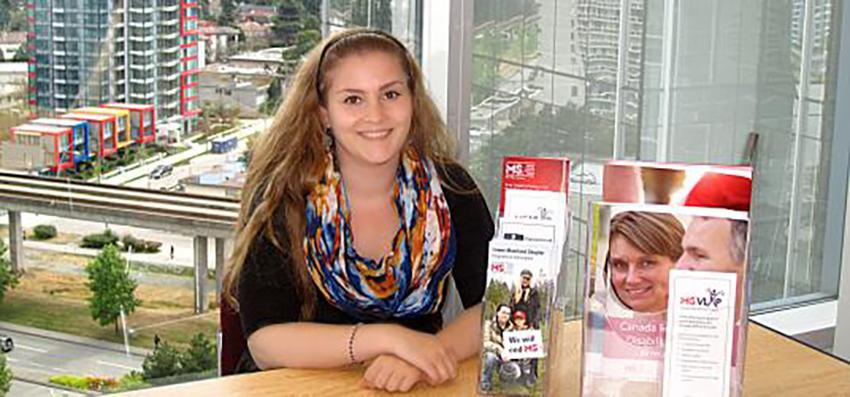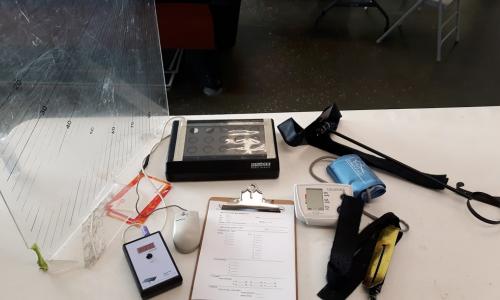
This article was originally published in the Arts Co-op Newsletter in Fall 2014.
We are so often told that the most fulfilling jobs are those which make a positive difference in the lives of other people. During my Co-op placement at the Multiple Sclerosis Society of Canada as a Program Development Assistant, I experienced first-hand how programs and services are delivered to directly benefit people in my community. Working in the not-for-profit sector was an exciting and fulfilling experience that I believe all Co-op students should have.
Multiple Sclerosis (MS) is a neurological condition affecting approximately 100,000 Canadians, and there is currently no known cure for this unpredictable and disabling disease. The MS Society of Canada exists to improve the lives of people affected by MS by funding relevant research and providing supportive programs and services. In my position, I assisted with the maintenance and development of many important programs provided by the MS Society’s Client Services department, including the Peer Support and Volunteer Legal Advocacy programs.
Having completed my work term, I now understand Program Development to involve several responsibilities including updating documents and resources, developing presentations and training materials, managing communication tools, facilitating volunteer engagement, and conducting research to support advocacy initiatives. While some of these projects are essential to the maintenance and administration of any organizational program, other parts of program work are more flexible and improvised. Our work to best support people with MS often involved working within the confines of current political ideologies or policies related to health care and disability, a reality which ultimately influenced the direction of many of my projects and priorities.
Thinking back to my initial vision of what my position as Program Development Assistant would be, I now realize that the role I had imagined for myself was slightly unrealistic. Designing and coordinating new programs would require a substantial amount of time and financial resources – both of which are incredibly valuable yet often scarce in the not-for-profit sector. Upon deeper reflection, I have come to believe that this is precisely what makes working for a non-profit organization such a valuable experience for students. In an organization that is accustomed to making optimal use of limited time and staff to accomplish their mission, there is no shortage of variety in the types of skills and experiences that students can gain from a co-op term. From writing and research to communications and fundraising, the possibilities are endless. To any student considering work in the not-for-profit sector, I can vouch for the fact that it is an exciting opportunity that will allow you to gain valuable work experience all while contributing to an important social cause.
Beyond the Blog
-
For more opportunities like Meghan's, visit the SFU FASS co-op page!














